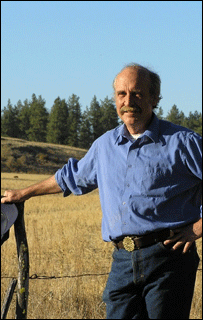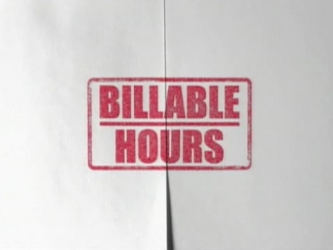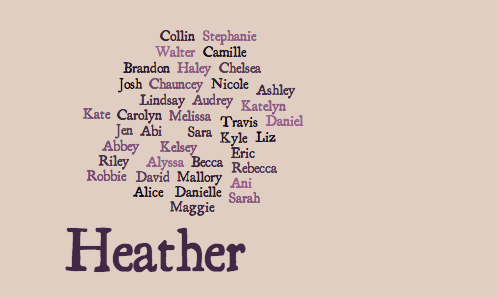I attended the University of Alabama’s MFA program between 1991-1995. During that period, I took two workshops with writer John Keeble, a visiting writer who taught at Eastern Washington University. He made a great impression on both my writing and my teaching.
In fact, the title of this blog, “The Big Thing,” comes from Keeble. I wrote about that here, and how I might not have written The Circus in Winter had he not changed the default setting of a pivotal workshop.
Here’s something else I learned from him.
Plant the Seed of Your Story
In workshop, Keeble talked to us a lot about “planting the seed of your story.” Once you figure out what your story is really about, you have to return to the the first page, the first paragraph, the first sentence! and plant the story’s “seed” that you will nurture and grow for the next 5-30 pages. Continue reading






